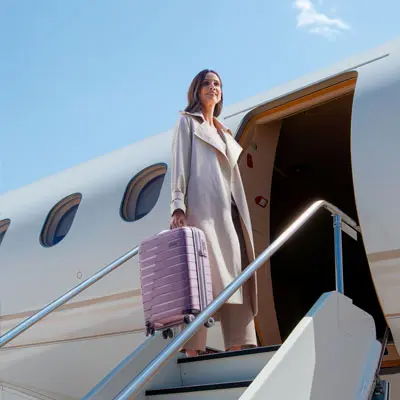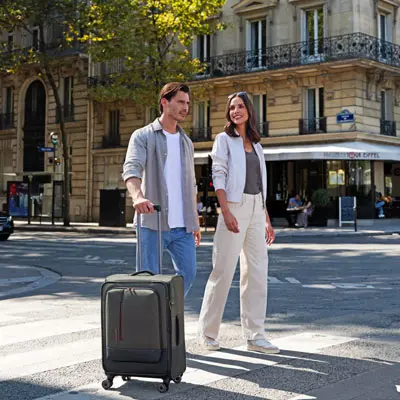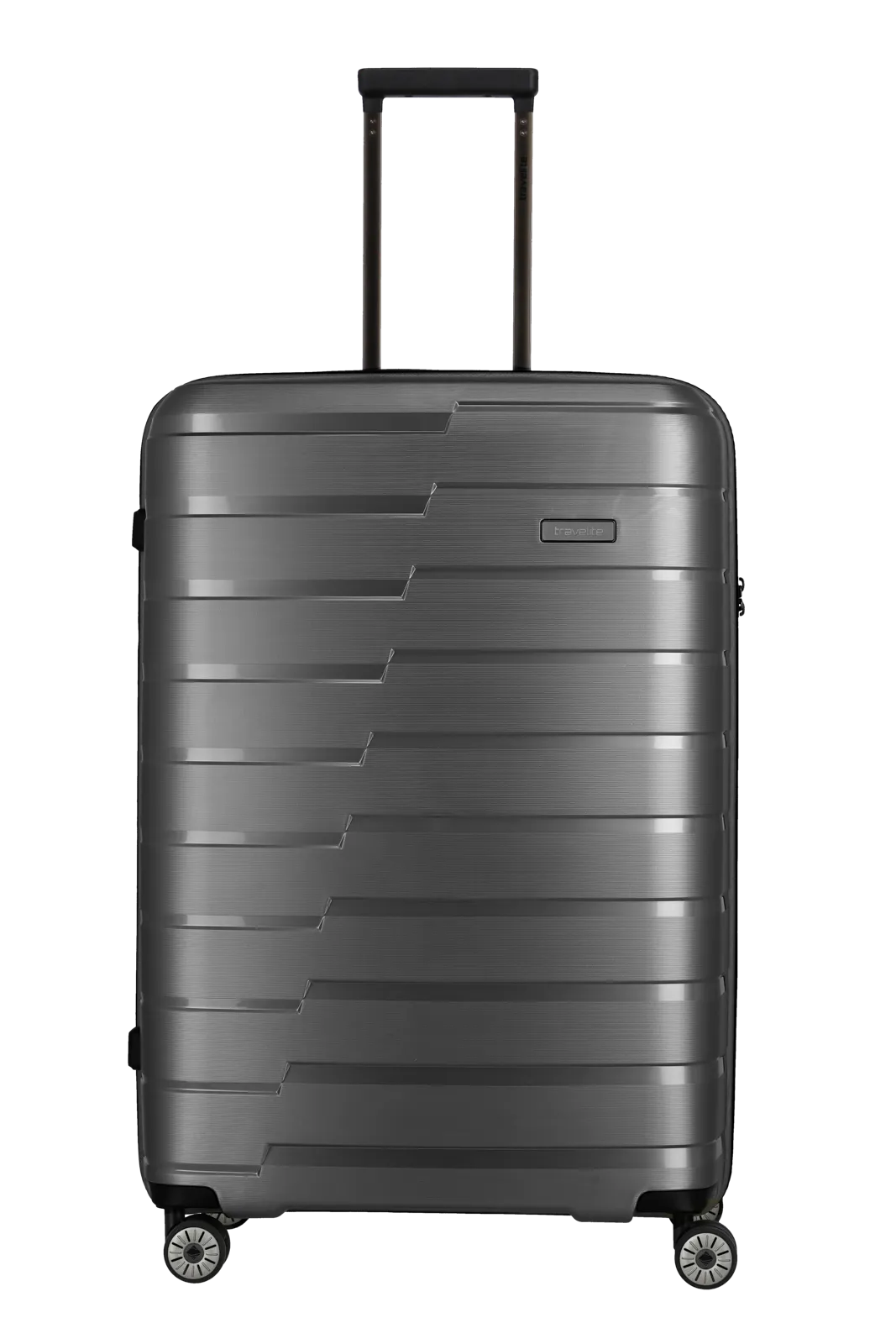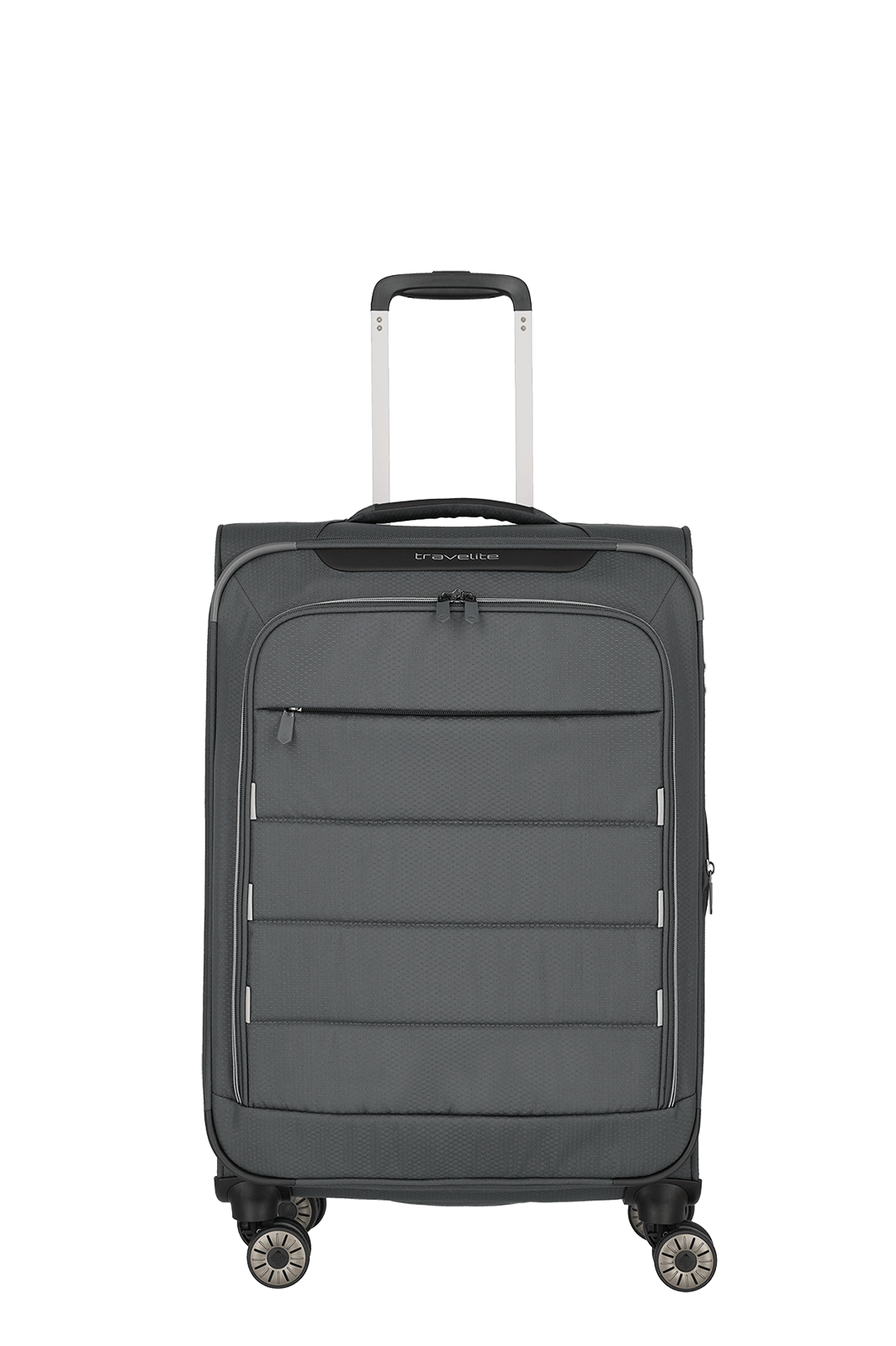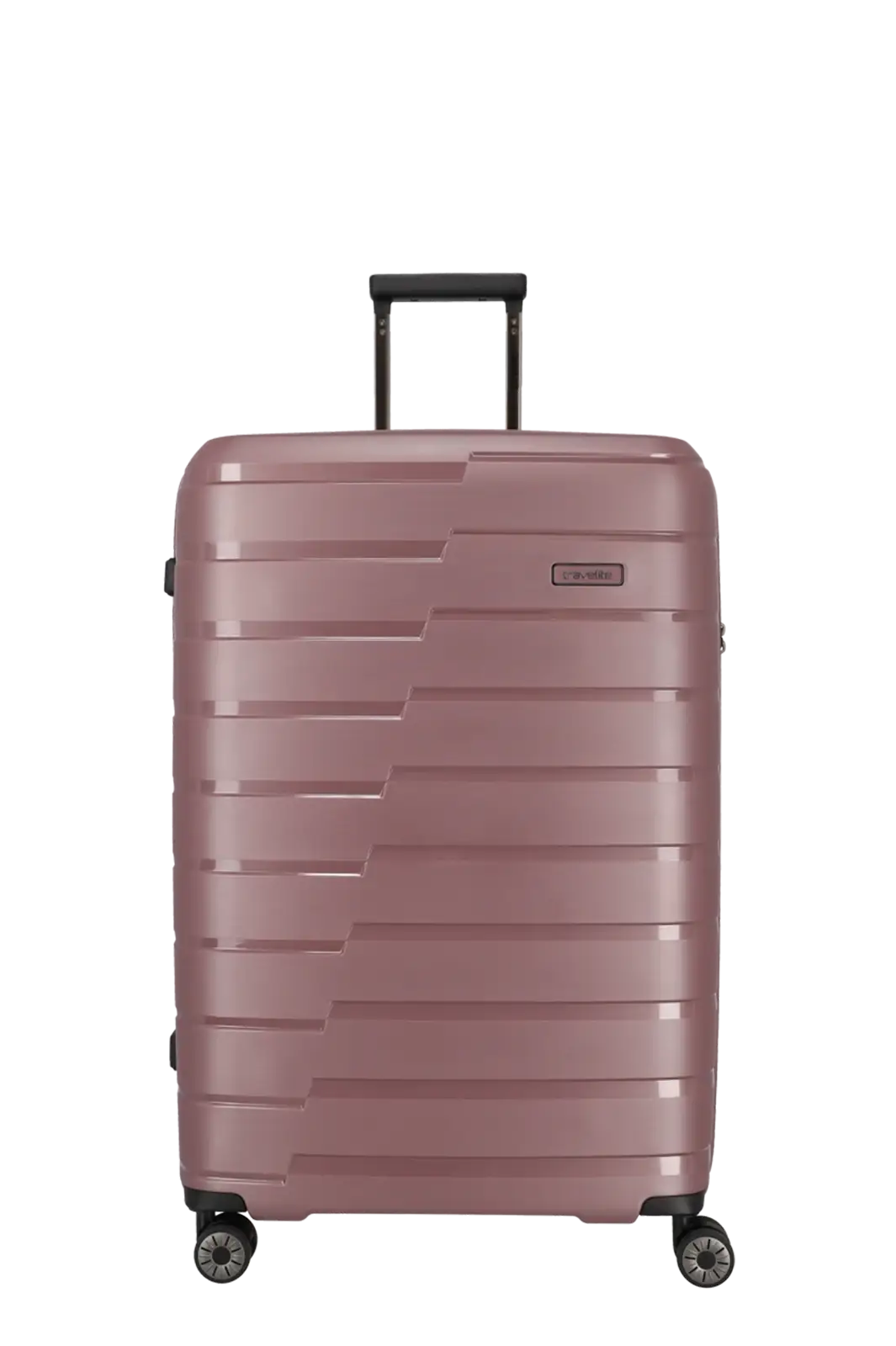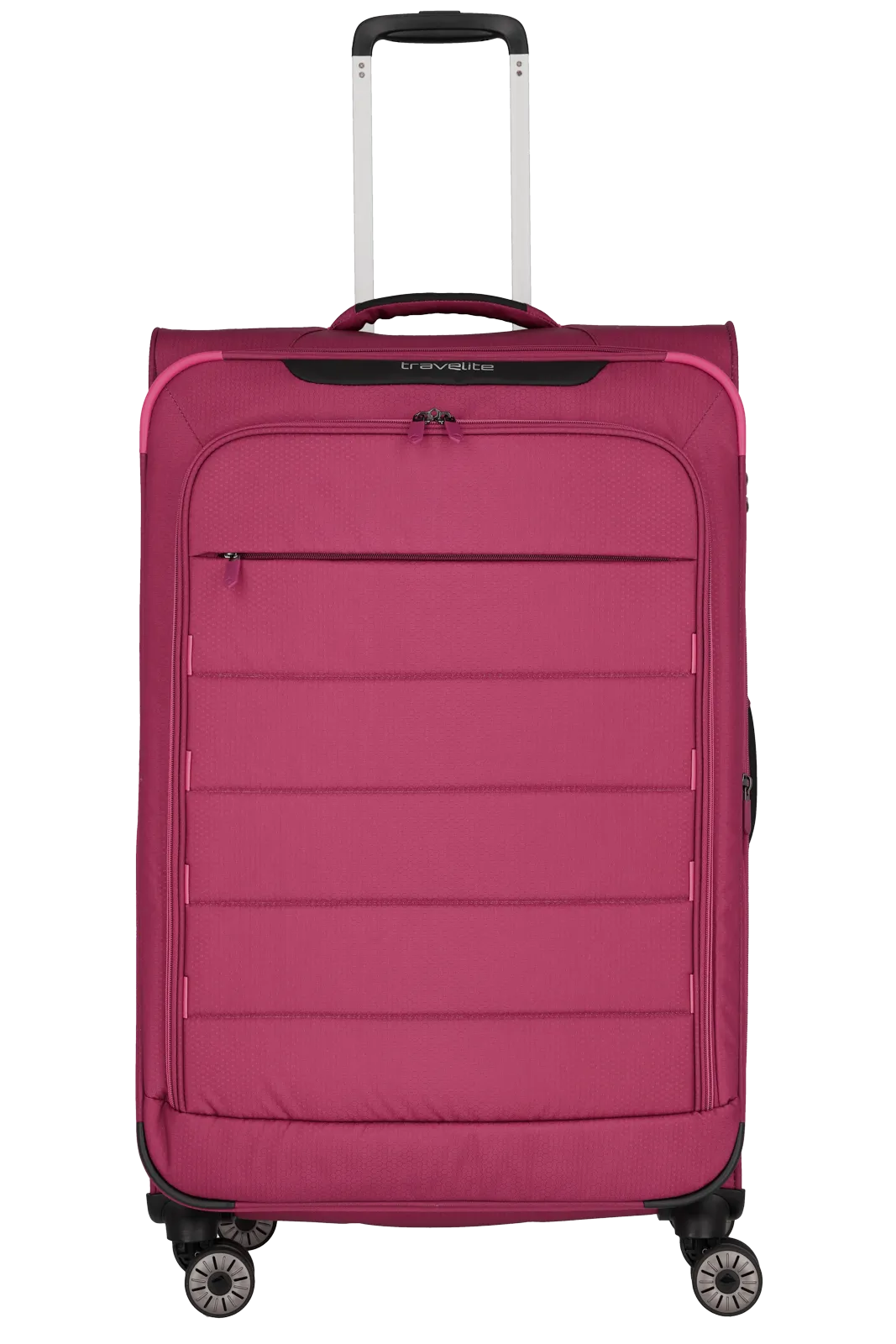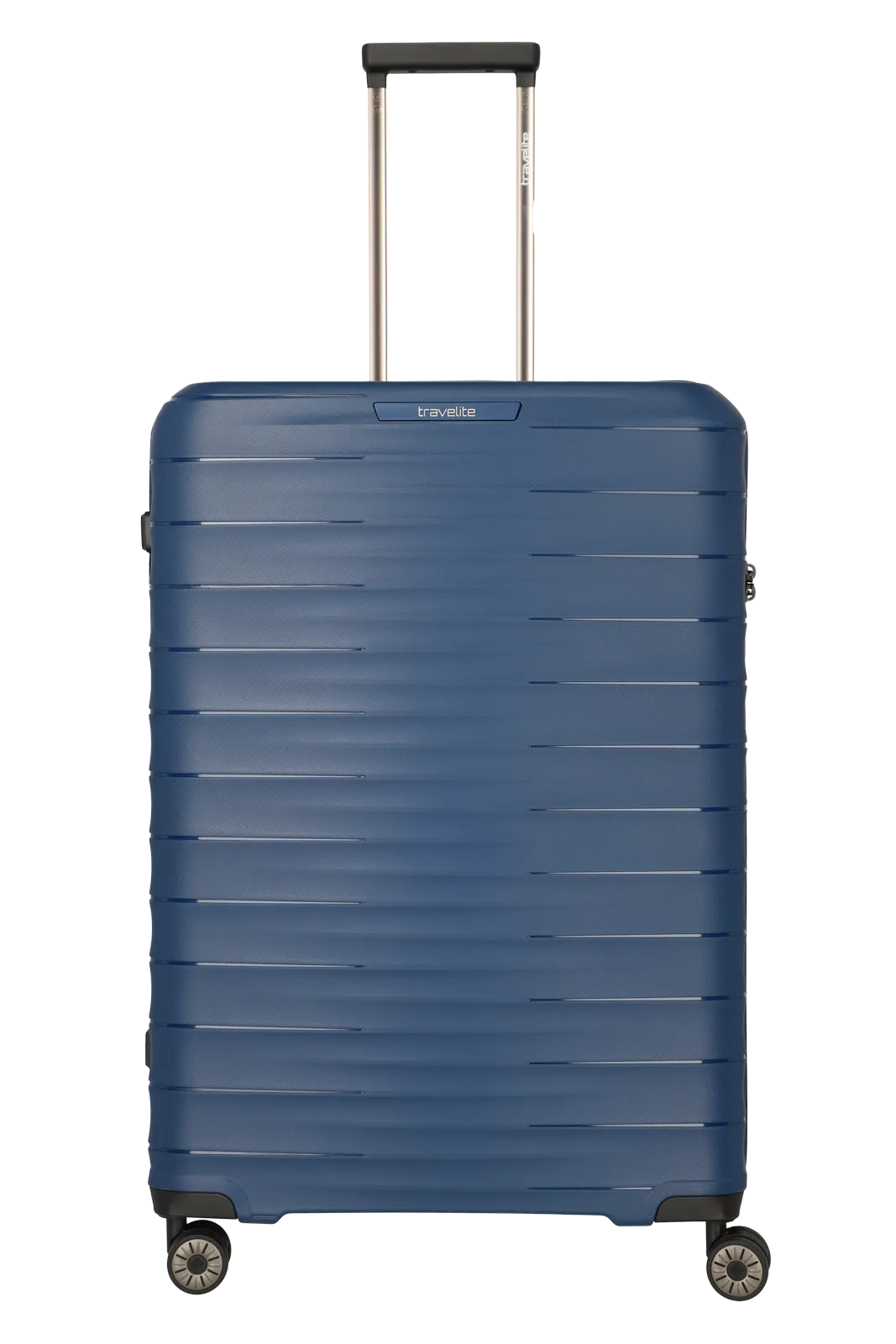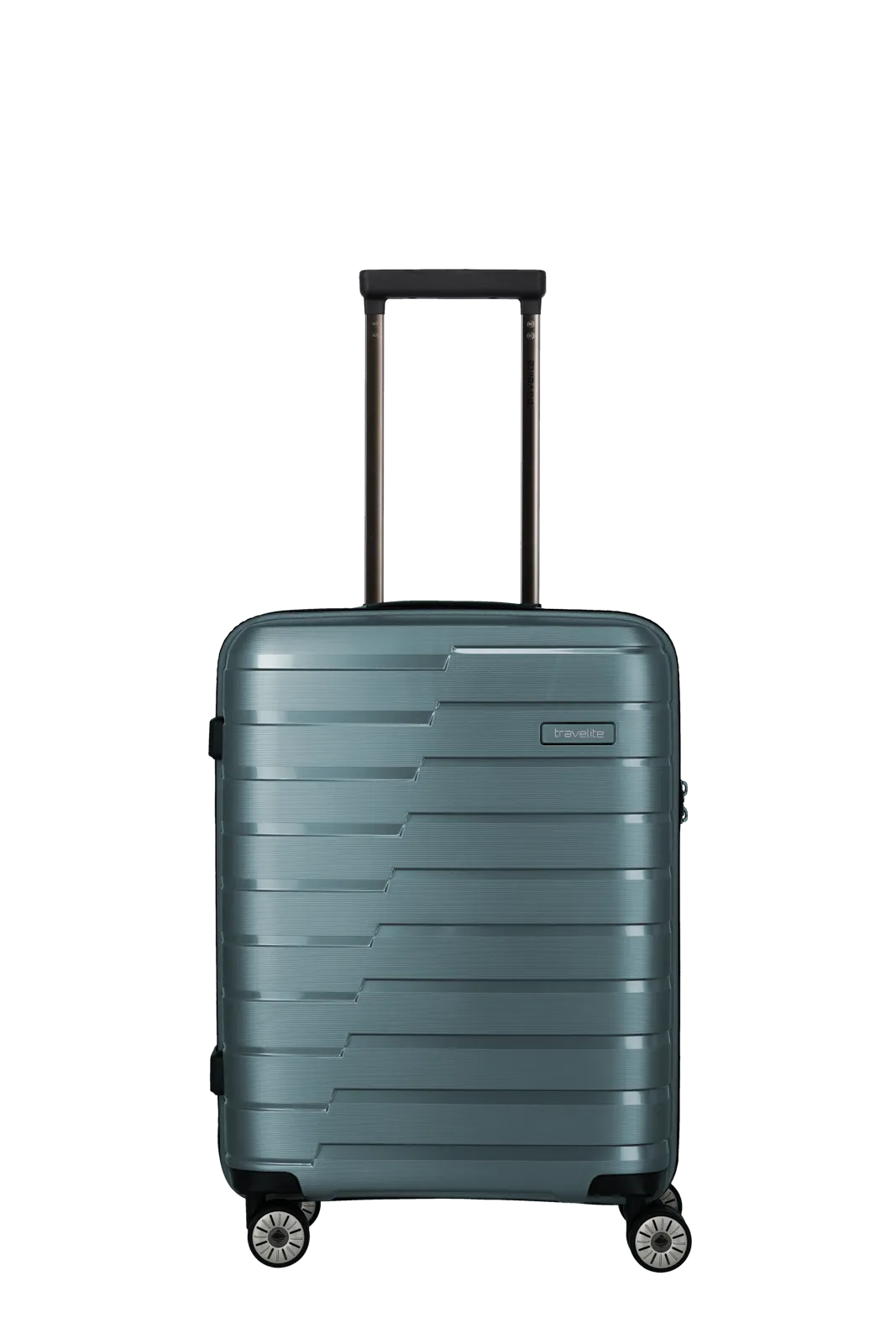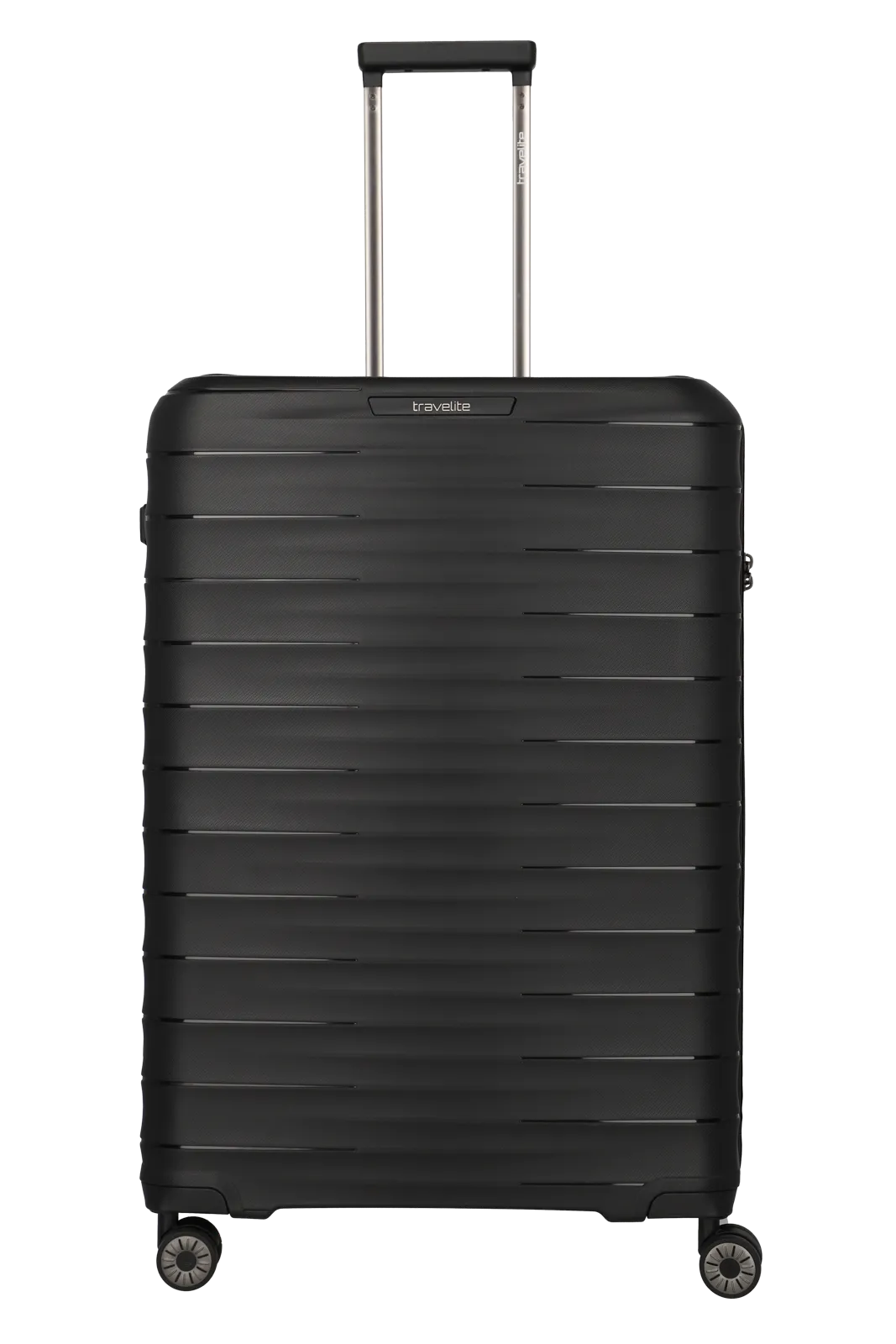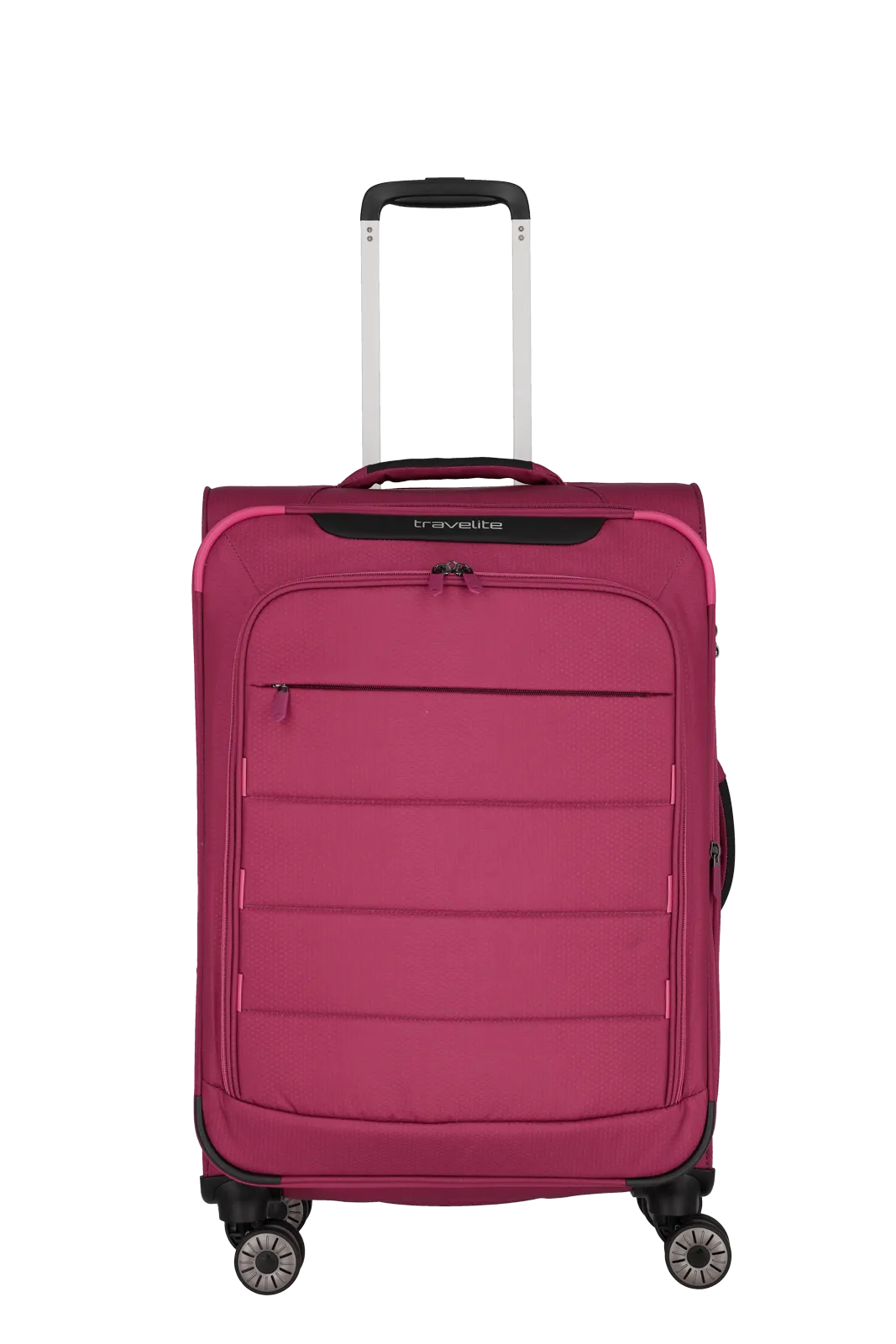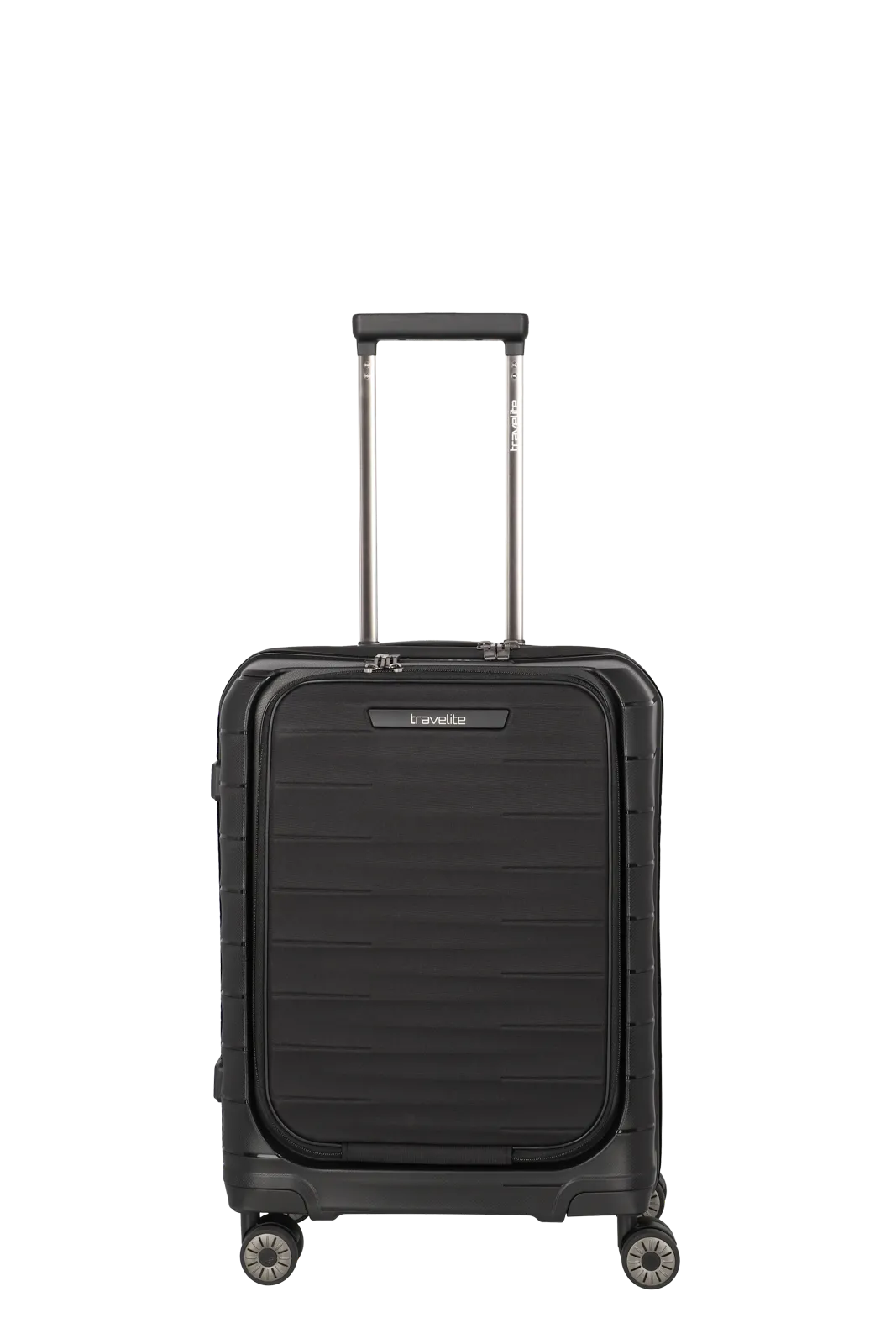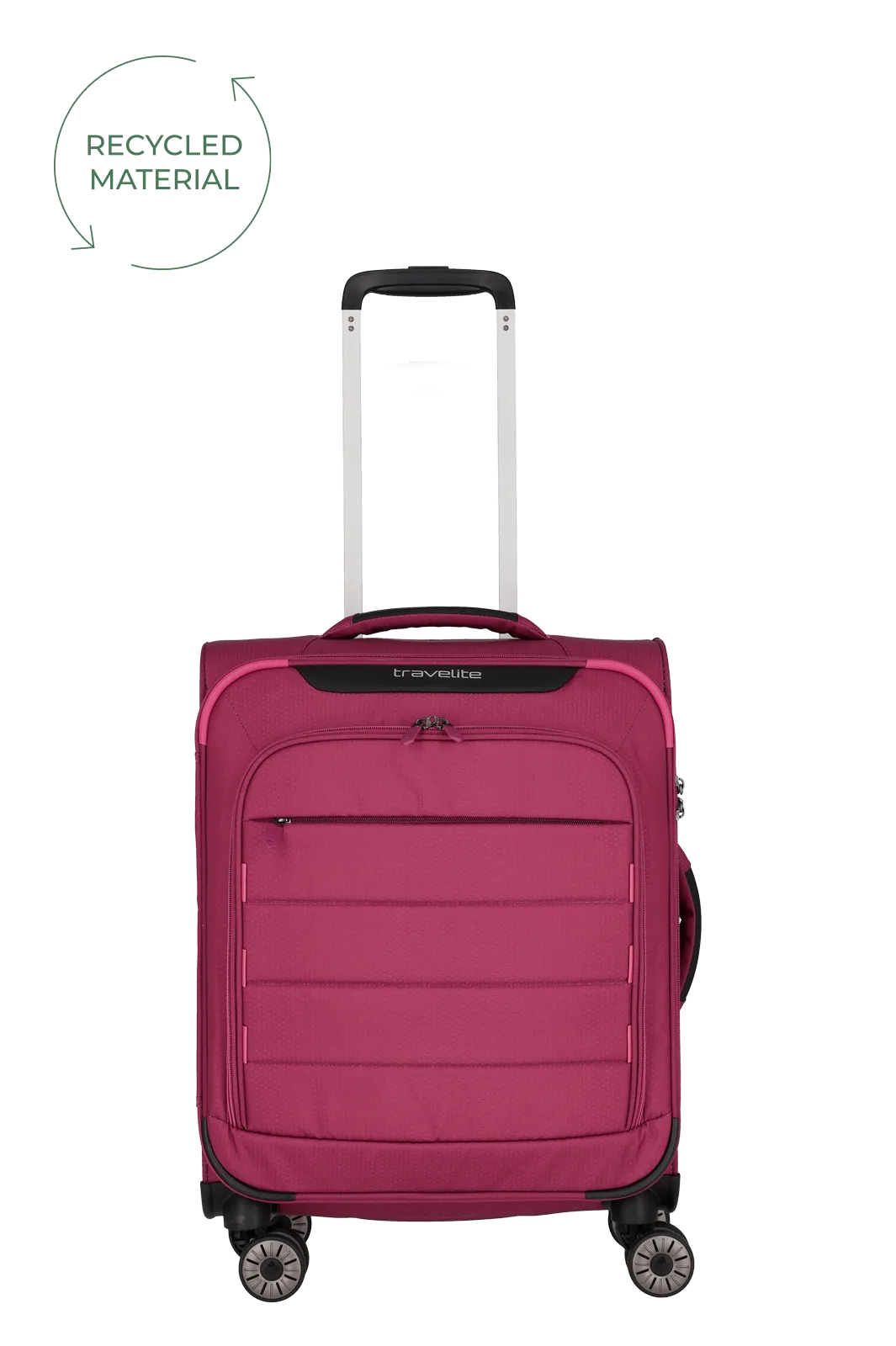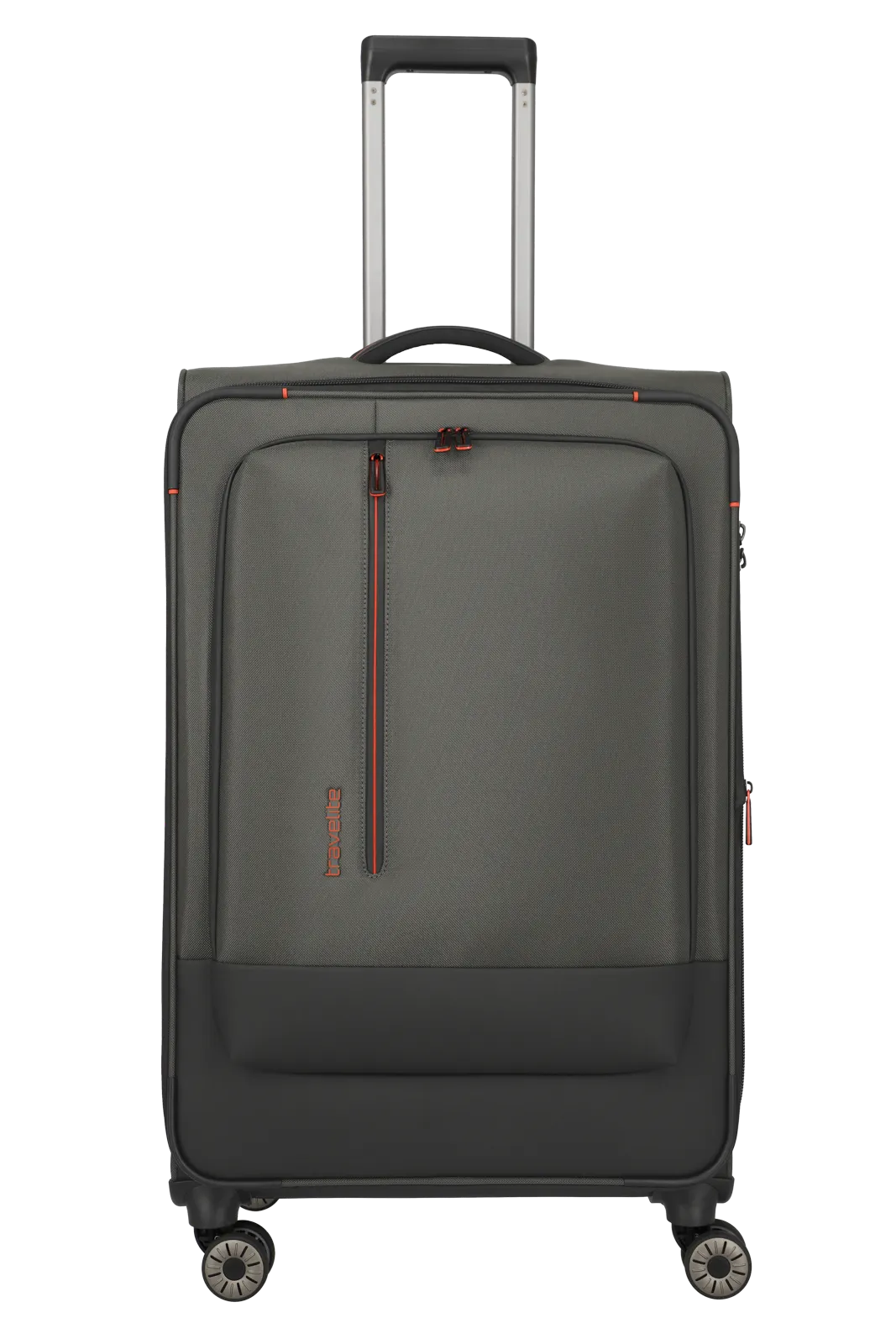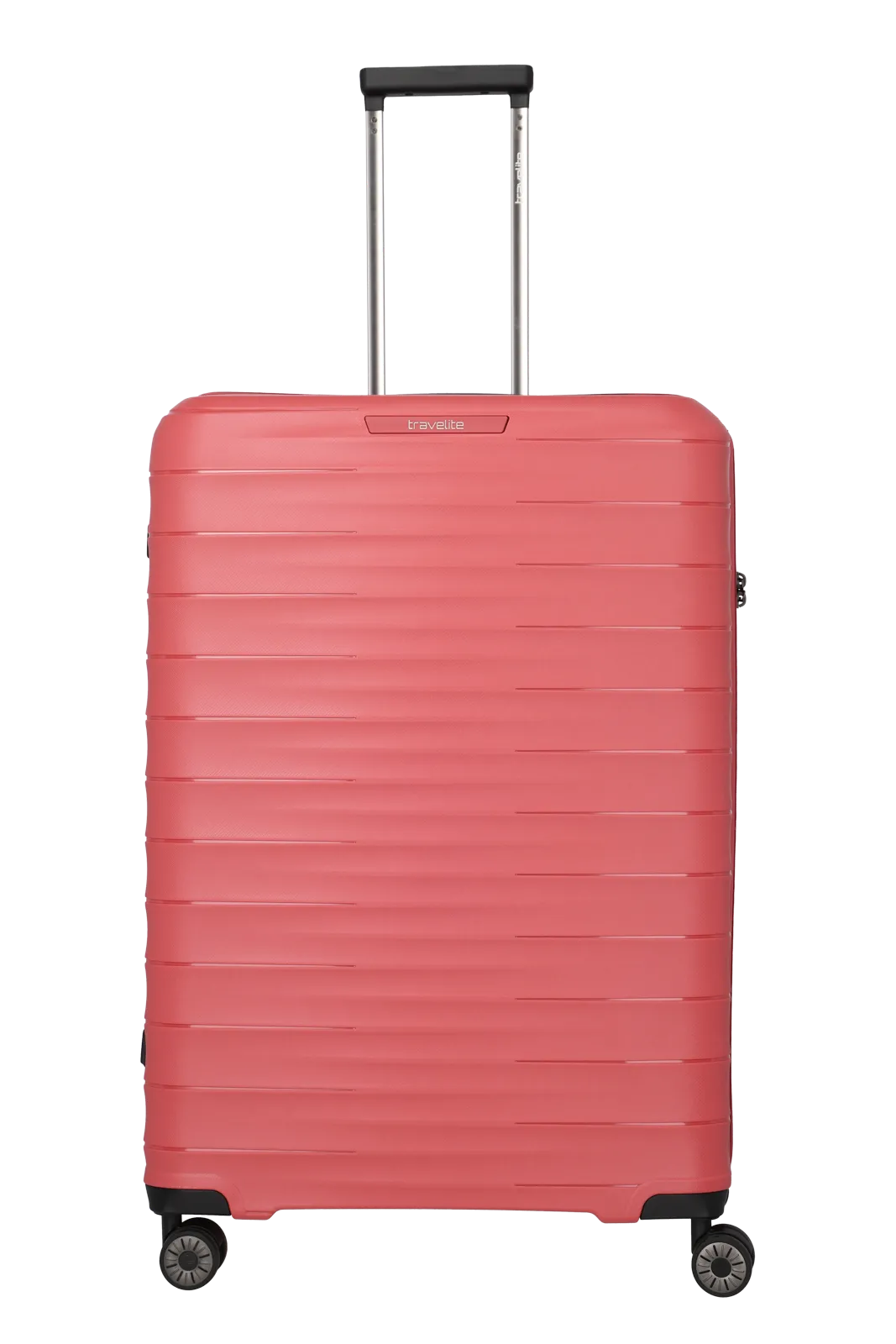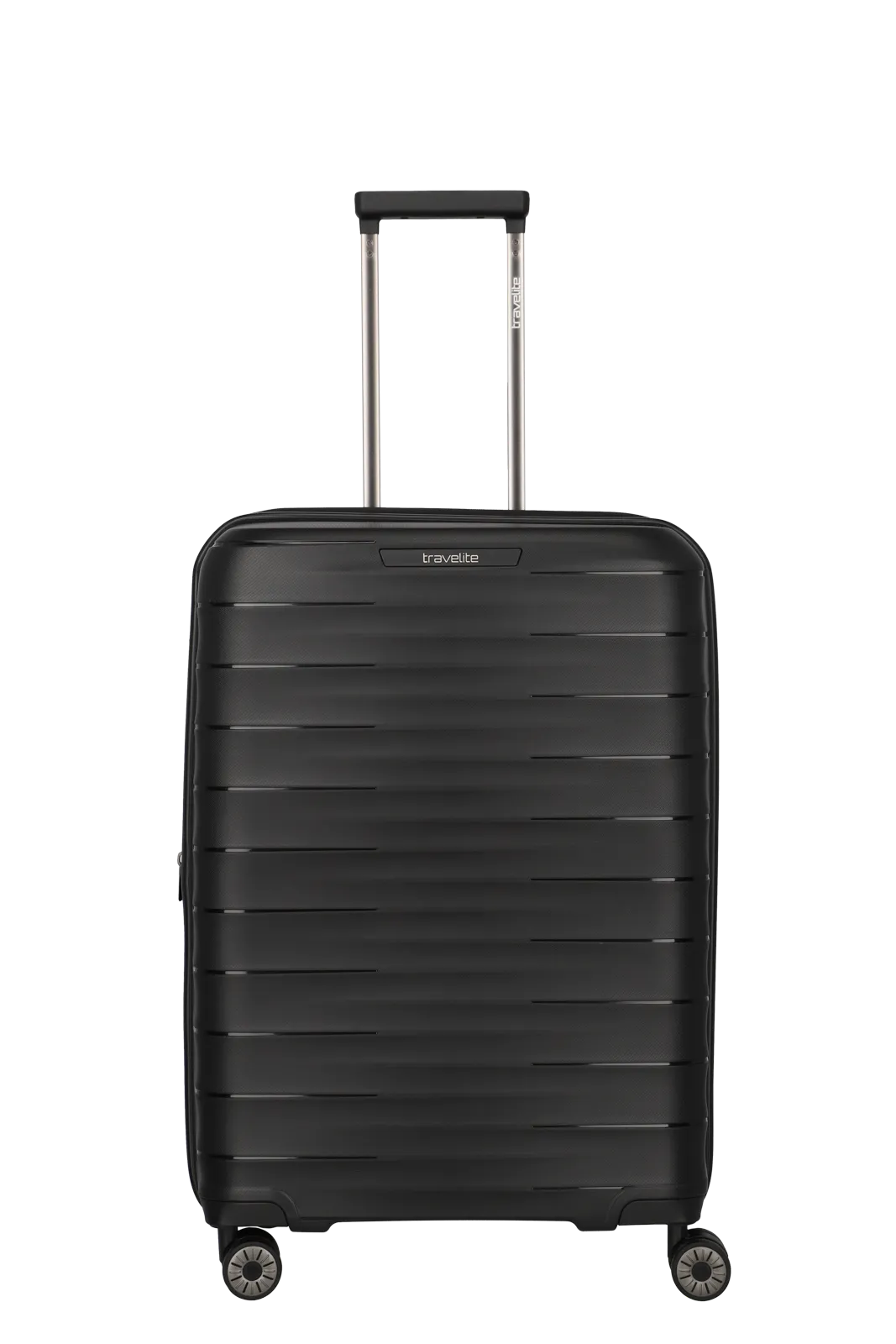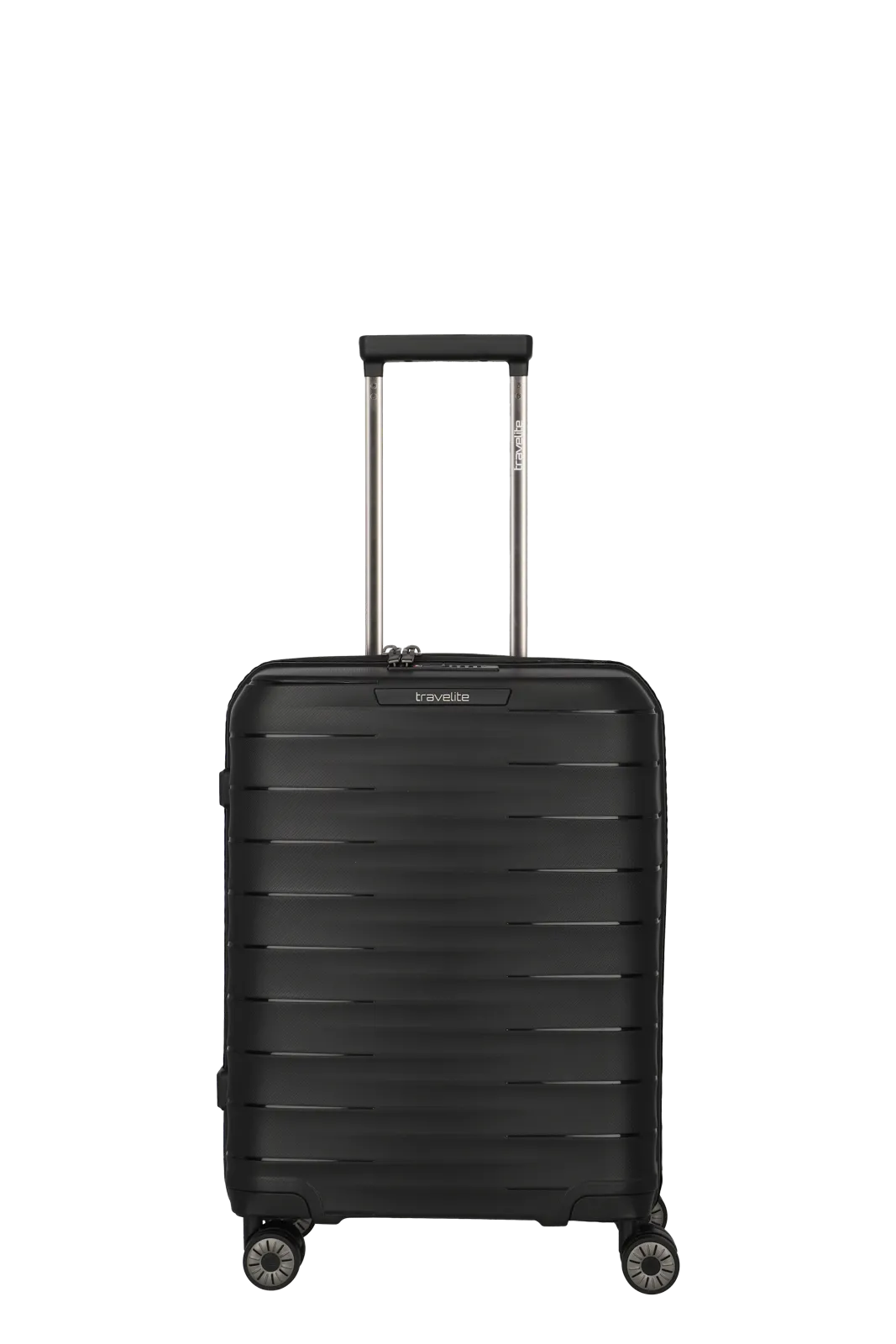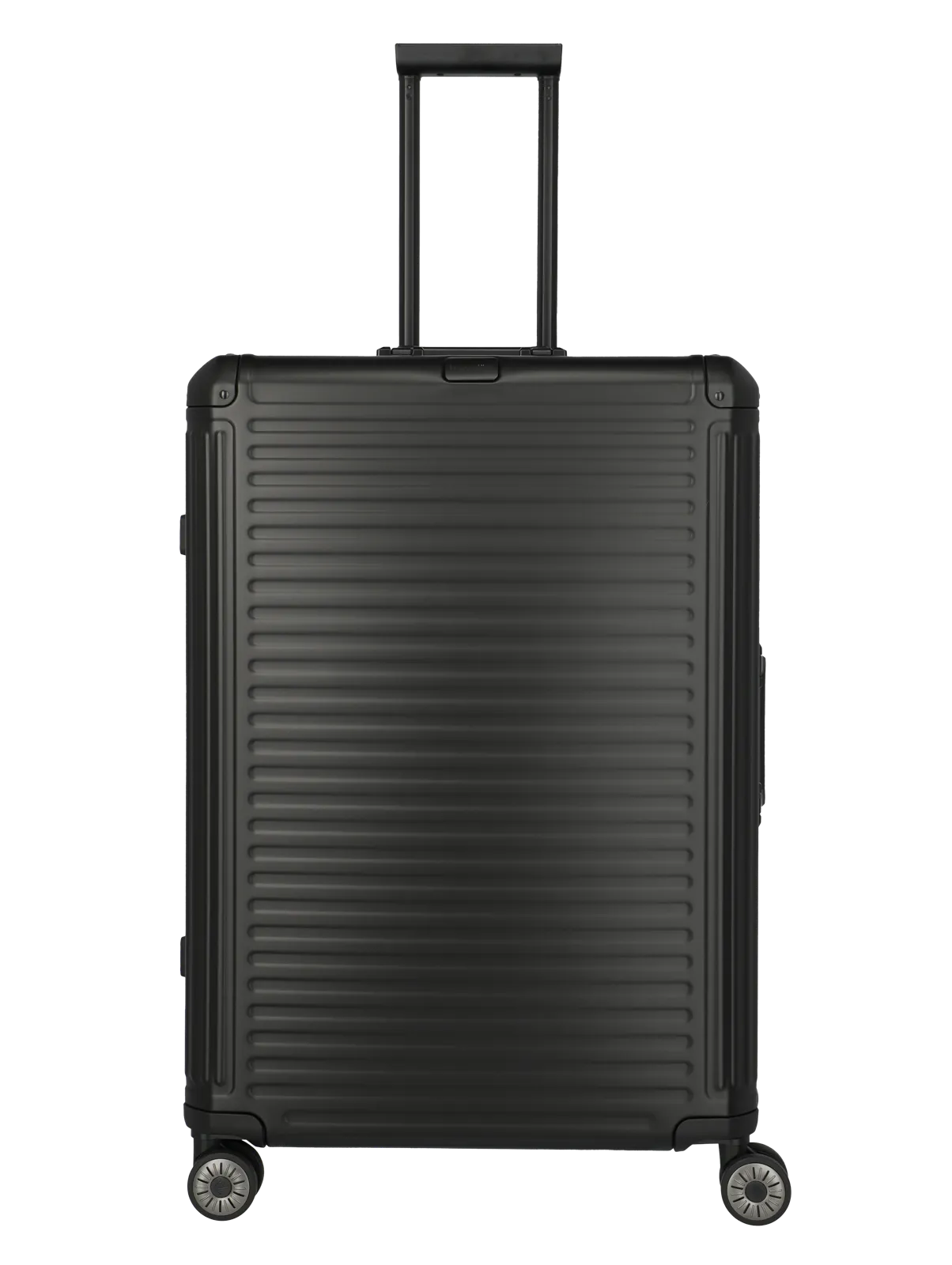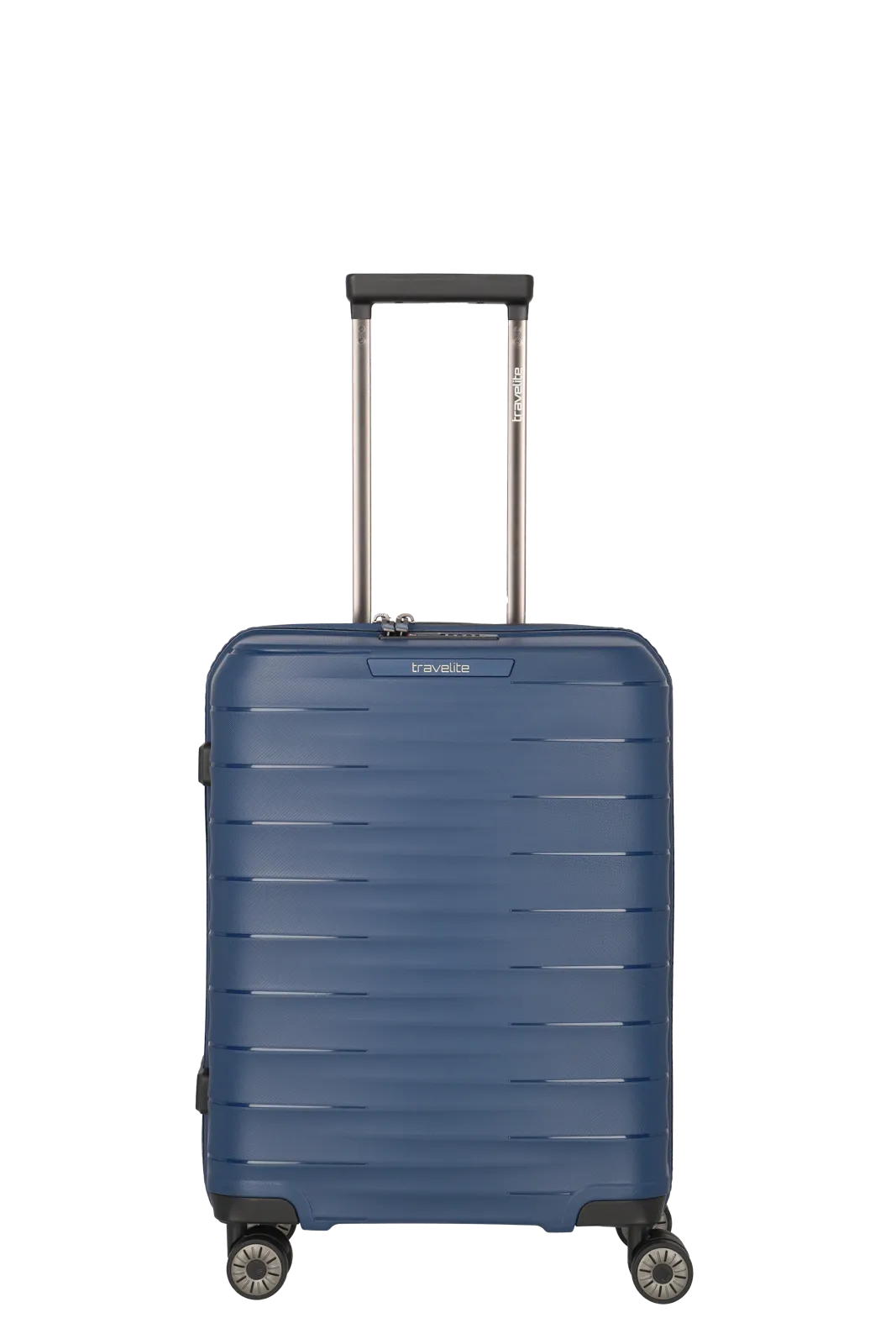

Flying for the first time: Master your first flight with our tips
Flying for the first time: Master your first flight with our tips
The first time flying can be both exciting and scary. Nervous and not quite sure what to expect? Even for seasoned passengers, a flight can be a bit of an adventure every time. It's an experience that's almost a part of life - whether it's for a business trip, a vacation or a visit with family and friends. To help you prepare for your first flight, we're sharing some practical tips below.
How to make the first time flying an unforgettable experience
The basics first: To ensure that your first flight goes smoothly and you have a pleasant flight, you should first of all keep an eye on the time. Plan enough time for check-in, security check and boarding to avoid stress and ensure a smooth process. For domestic flights, you should be at the airport at least 2 hours before departure; for international flights, it's better to be 3 hours before the flight begins. These times should be sufficient to complete the check-in process, go through security, get to the gate and board, and for any unexpected delays.
It is also best to choose comfortable clothing and shoes in advance. Loose clothing and comfortable shoes for the flight ensure that you feel comfortable and have the opportunity to move freely. After all, a little exercise on board can't hurt either. Ideally, you'll get up regularly to stimulate circulation and avoid leg pain. Also take advantage of the seated exercises shown in much airplane information. If you are sensitive to drafts or air conditioning, we recommend taking a scarf or shawl on board.
Don't forget to drink plenty of water to stay hydrated during the flight. But be careful to avoid excessive alcohol and caffeine consumption, as this can lead to dehydration.
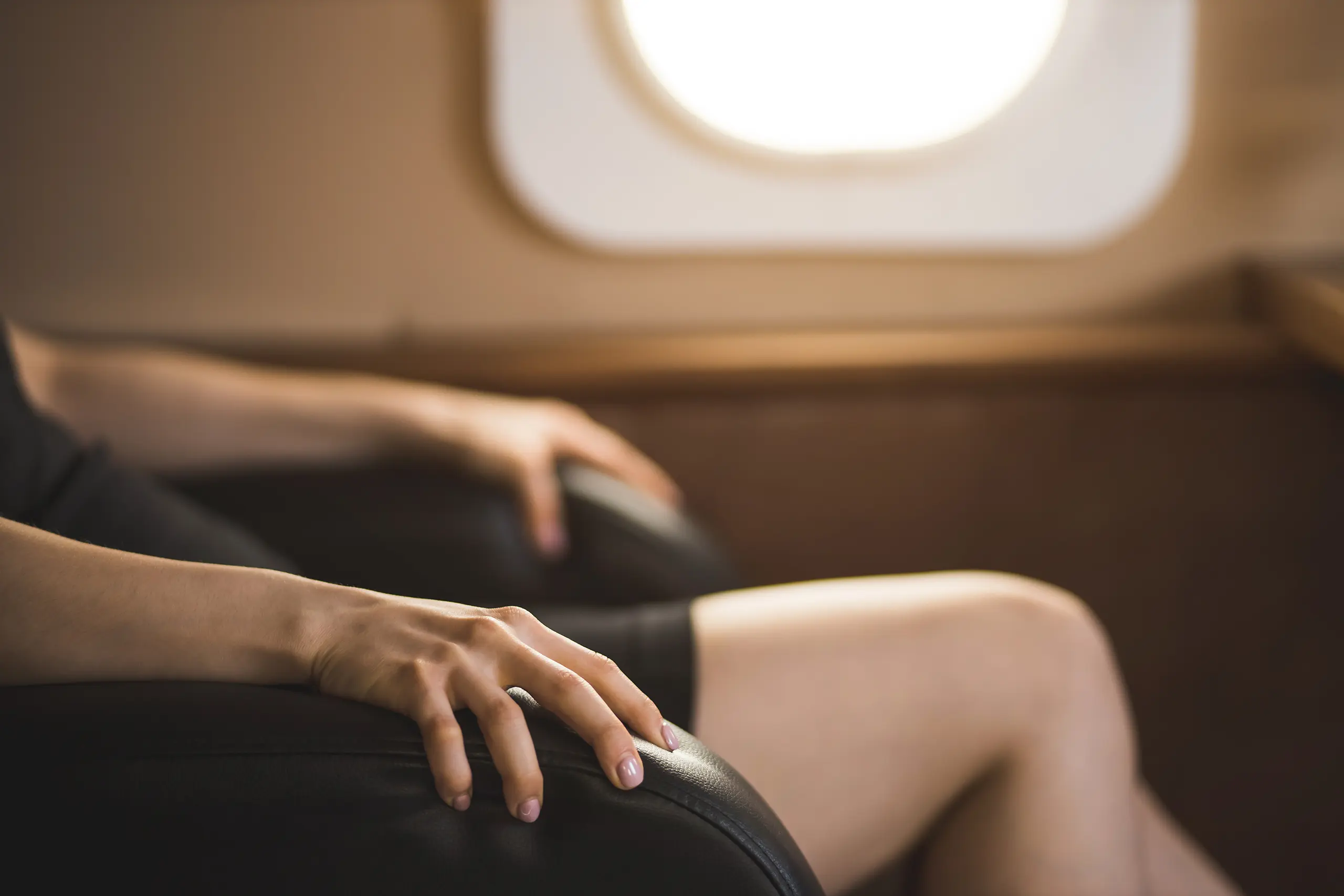
How to prepare for your first flight
Once you have the basics in mind, it's time to prepare.
Preparation before the flight:
- Check the entry regulations of your destination: Each country is subject to individual entry regulations. Detailed insights into these regulations can be found on the page of the German Foreign Office. Information on the visa requirement can be found in the linked overview table. There you can find out for which countries you need a visa when entering from Germany;
- Book your flight early: The earlier you book the flight, the greater the selection of available seats and possibly lower prices.
- Hand luggage and baggage limit: Check the airline's regulations regarding the size and weight of hand luggage and checked luggage to avoid unpleasant surprises at the airport.
- Pack carefully: The rule here is: everything in order. Start best with a practical hand luggage packing list, so you always have everything important at hand.
In your carry-on luggage should not be missing:
Personal documents and finances
Hygiene items
A travel pharmacy
Electronic devices
Anything that increases your personal travel comfort
Generally, for the carry-on luggage and your suitcase: avoid unnecessary ballast and make sure to make environmentally friendly choices, such as solid soaps instead of liquid products and reusable water bottles. Also, for packing your suitcase, a handy list is not to be missed.
- Have important documents ready: Make sure you have your passport, ID card and any other required documents handy.
- Check the validity of documents and vaccination status: It is particularly important not only that you have your passport with you, but that this is also still valid. It is recommended to check the validity at least two months before departure. Check in the course of this also directly your vaccination certificate, to possibly due vaccinations still in time to refresh.
Your passport has expired and you noticed it too late? Don't panic, there is a solution for that. In this case, you can go directly to the federal police at the airport. This is usually located in the near vicinity or at the check-in counter. If you have another document at hand that confirms your identity, you will then simply receive a temporary passport. For the officials, this is purely routine. For overseas flights, however, it can be different. So check all passports in time to be on the safe side. It is recommended to check the validity at least two months before departure. In the course of this, also check your vaccination certificate directly in order to refresh any vaccinations that may be due in good time;
How to overcome fear of flying on your first flight
Flying for the first time can be an exciting experience - at this point, helpful tips are needed to make the flight a little easier to endure. To begin with, you can keep in mind that millions of people fly every day and flying is actually one of the safest forms of travel. Try to trust in the experience of pilots and flight personnel to let your fear of flying limit you as little as possible. Flying represents a practical way to get to new places as quickly as possible to discover them, learn about new cultures and create unforgettable memories.
Important: Fear of flying (aviophobia) is a stressful anxiety disorder for those affected. It should be noted that every person is different, and not all tips can therefore be equally effective for everyone. You must therefore individually find out which methods suit you best and help you personally.
You can consider these tips for your fear of flying:
- Inform yourself about airplanes: Knowledge about airplanes and how they work can help reduce anxiety. Read about the technology and safety precautions used in the aviation industry.
- Relaxation techniques: Breathing exercises, meditation or progressive muscle relaxation can help reduce anxiety and calm the body. There are several relaxation techniques, such as the 4-7-8 method, that can help reduce anxiety. You can also download an appropriate app or guided mediation to your phone in advance and listen to it on headphones during the flight if needed. However, please pay attention to the regulations regarding the use of a cell phone during the flight.
- Distraction through entertainment: Listening to soothing music can also help you reduce anxiety when it's time to fly for the first time. Distraction strategies like reading a book or watching a movie can also be helpful. So take a good book, magazines or music with you.
- Visualize a positive flight: Before the flight, imagine a positive experience. To do this, simply visualize a smooth flight and a pleasant flight experience.
- Talk to flight staff: Flight staff are trained and experienced in dealing with passengers' fear of flying. So if you have fears or concerns, do not hesitate to tell the flight staff about it. Then you are guaranteed to receive assistance.
- Use professional help: If your fear of flying is particularly severe, you can consider seeking professional help. There are therapists and courses that deal specifically with the treatment of fear of flying.
- Avoid caffeinated drinks: Because caffeine can help to increase nervousness. Therefore, avoid caffeinated drinks such as coffee or energy drinks before and during the flight necessarily.
- Fly more often: Sometimes the fear of flying can decrease with experience. If you fly more often, you can get used to the experience step by step and gain more confidence.
The first time flying can be both exciting and scary. Nervous and not quite sure what to expect? Even for seasoned passengers, a flight can be a bit of an adventure every time. It's an experience that's almost a part of life - whether it's for a business trip, a vacation or a visit with family and friends. To help you prepare for your first flight, we're sharing some practical tips below.
How to make the first time flying an unforgettable experience
The basics first: To ensure that your first flight goes smoothly and you have a pleasant flight, you should first of all keep an eye on the time. Plan enough time for check-in, security check and boarding to avoid stress and ensure a smooth process. For domestic flights, you should be at the airport at least 2 hours before departure; for international flights, it's better to be 3 hours before the flight begins. These times should be sufficient to complete the check-in process, go through security, get to the gate and board, and for any unexpected delays.
It is also best to choose comfortable clothing and shoes in advance. Loose clothing and comfortable shoes for the flight ensure that you feel comfortable and have the opportunity to move freely. After all, a little exercise on board can't hurt either. Ideally, you'll get up regularly to stimulate circulation and avoid leg pain. Also take advantage of the seated exercises shown in much airplane information. If you are sensitive to drafts or air conditioning, we recommend taking a scarf or shawl on board.
Don't forget to drink plenty of water to stay hydrated during the flight. But be careful to avoid excessive alcohol and caffeine consumption, as this can lead to dehydration.

How to prepare for your first flight
Once you have the basics in mind, it's time to prepare.
Preparation before the flight:
- Check the entry regulations of your destination: Each country is subject to individual entry regulations. Detailed insights into these regulations can be found on the page of the German Foreign Office. Information on the visa requirement can be found in the linked overview table. There you can find out for which countries you need a visa when entering from Germany;
- Book your flight early: The earlier you book the flight, the greater the selection of available seats and possibly lower prices.
- Hand luggage and baggage limit: Check the airline's regulations regarding the size and weight of hand luggage and checked luggage to avoid unpleasant surprises at the airport.
- Pack carefully: The rule here is: everything in order. Start best with a practical hand luggage packing list, so you always have everything important at hand.
In your carry-on luggage should not be missing:
Personal documents and finances
Hygiene items
A travel pharmacy
Electronic devices
Anything that increases your personal travel comfort
Generally, for the carry-on luggage and your suitcase: avoid unnecessary ballast and make sure to make environmentally friendly choices, such as solid soaps instead of liquid products and reusable water bottles. Also, for packing your suitcase, a handy list is not to be missed.
- Have important documents ready: Make sure you have your passport, ID card and any other required documents handy.
- Check the validity of documents and vaccination status: It is particularly important not only that you have your passport with you, but that this is also still valid. It is recommended to check the validity at least two months before departure. Check in the course of this also directly your vaccination certificate, to possibly due vaccinations still in time to refresh.
Your passport has expired and you noticed it too late? Don't panic, there is a solution for that. In this case, you can go directly to the federal police at the airport. This is usually located in the near vicinity or at the check-in counter. If you have another document at hand that confirms your identity, you will then simply receive a temporary passport. For the officials, this is purely routine. For overseas flights, however, it can be different. So check all passports in time to be on the safe side. It is recommended to check the validity at least two months before departure. In the course of this, also check your vaccination certificate directly in order to refresh any vaccinations that may be due in good time;
How to overcome fear of flying on your first flight
Flying for the first time can be an exciting experience - at this point, helpful tips are needed to make the flight a little easier to endure. To begin with, you can keep in mind that millions of people fly every day and flying is actually one of the safest forms of travel. Try to trust in the experience of pilots and flight personnel to let your fear of flying limit you as little as possible. Flying represents a practical way to get to new places as quickly as possible to discover them, learn about new cultures and create unforgettable memories.
Important: Fear of flying (aviophobia) is a stressful anxiety disorder for those affected. It should be noted that every person is different, and not all tips can therefore be equally effective for everyone. You must therefore individually find out which methods suit you best and help you personally.
You can consider these tips for your fear of flying:
- Inform yourself about airplanes: Knowledge about airplanes and how they work can help reduce anxiety. Read about the technology and safety precautions used in the aviation industry.
- Relaxation techniques: Breathing exercises, meditation or progressive muscle relaxation can help reduce anxiety and calm the body. There are several relaxation techniques, such as the 4-7-8 method, that can help reduce anxiety. You can also download an appropriate app or guided mediation to your phone in advance and listen to it on headphones during the flight if needed. However, please pay attention to the regulations regarding the use of a cell phone during the flight.
- Distraction through entertainment: Listening to soothing music can also help you reduce anxiety when it's time to fly for the first time. Distraction strategies like reading a book or watching a movie can also be helpful. So take a good book, magazines or music with you.
- Visualize a positive flight: Before the flight, imagine a positive experience. To do this, simply visualize a smooth flight and a pleasant flight experience.
- Talk to flight staff: Flight staff are trained and experienced in dealing with passengers' fear of flying. So if you have fears or concerns, do not hesitate to tell the flight staff about it. Then you are guaranteed to receive assistance.
- Use professional help: If your fear of flying is particularly severe, you can consider seeking professional help. There are therapists and courses that deal specifically with the treatment of fear of flying.
- Avoid caffeinated drinks: Because caffeine can help to increase nervousness. Therefore, avoid caffeinated drinks such as coffee or energy drinks before and during the flight necessarily.
- Fly more often: Sometimes the fear of flying can decrease with experience. If you fly more often, you can get used to the experience step by step and gain more confidence.







